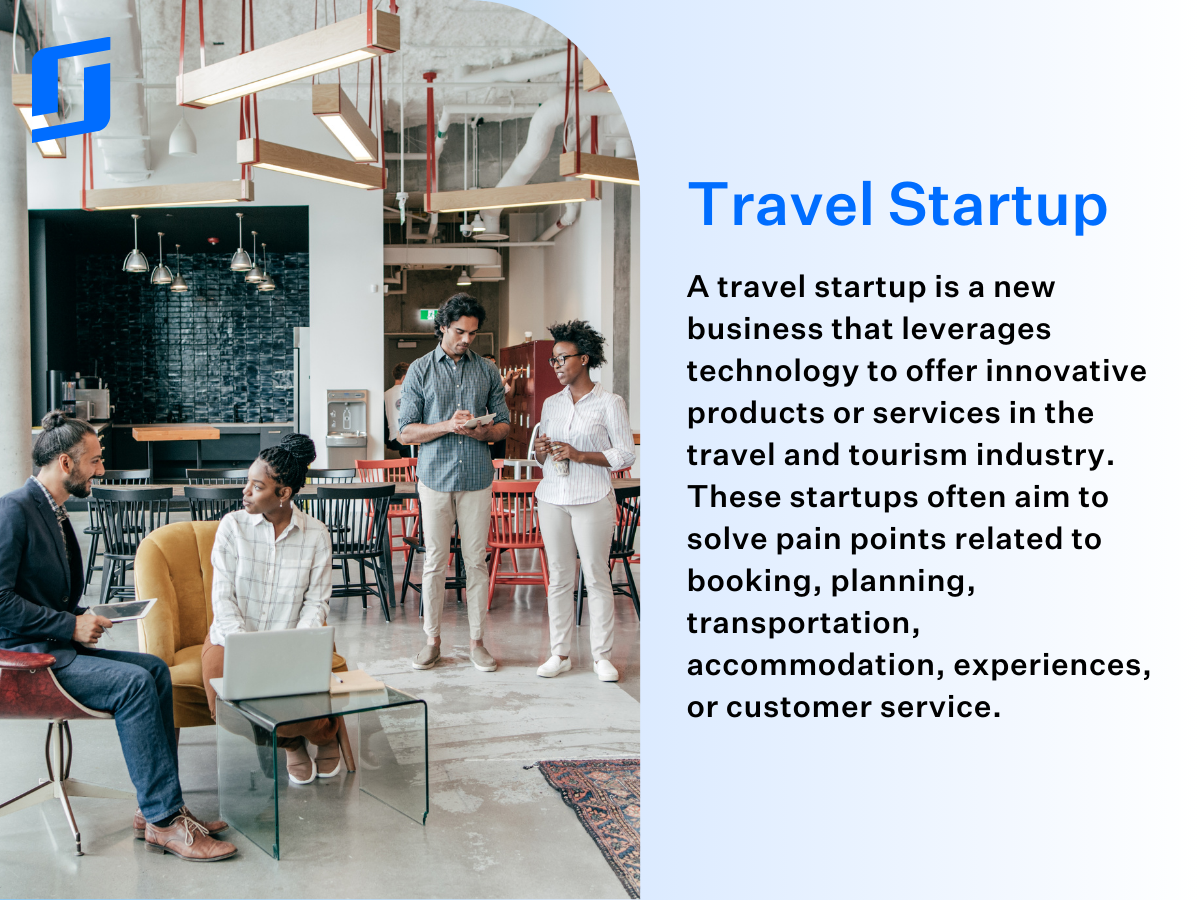What is a travel startup?
A travel startup is an emerging company that uses innovative technology to solve specific pain points in booking, pricing or hotel operations. For hoteliers, these tools integrate with your current systems and can help boost revenue and service levels.
Think laser-focused specialists. One startup may handle mobile room keys, another looks after dynamic prices, and a third automates guest chats. Because they build with modern, cloud-based connectors, you simply “plug and play” through your channel manager or property management system, with setup times often measured in hours rather than weeks. That streamlined approach suits busy operators who can’t afford month-long installs or hefty IT bills.
In this blog, we will break down what travel startups are, why they matter to hoteliers like you, and which solutions are easiest to plug into your existing stack.
Table of contents
Why are travel startups gaining traction in the hotel industry?
Travel startups are rapidly growing because they solve critical hotel pain points like rising labor costs (up 11.2% in 2024 according to CoStar), while addressing a significant technology gap. Only 30% of hotels use a revenue-management system, and fewer than 10% have adopted advanced pricing tools, reports LodgIQ. These specialized tools plug directly into existing property management systems, offering AI-powered optimised pricing, automated upselling, and streamlined operations without costly system overhauls, typically deploying within hours rather than weeks.
Close your technology gap today While labor costs rise 11.2% yearly, SiteMinder's pre-integrated travel startups help you do more with less. Automate operations, boost revenue, and deploy solutions in hours instead of months.
Who are the top travel startup companies in 2025?
The leading 2025 startups specialise in focused fixes such as direct distribution, whole-trip insurance, and upsell automation. Each connects quickly through open APIs, so hotels can experiment and scale without heavy development.
These firms fix one problem extremely well and plug in through open marketplaces; here’s the detail:
- Faye: A mobile-first travel-insurance platform covering the entire journey, not just flights or hotels. Guests handle claims, flight delays and medical queries in-app, and payouts arrive instantly to a digital wallet that can be added to Apple Pay or Google Pay. For hotels, Faye’s API lets you bundle cover at checkout and share in the ancillary revenue.
- HyperGuest: A live marketplace that takes your real-time room inventory straight to vetted travel agencies and corporate buyers. You set the rules and rates, then watch the platform match you. Because HyperGuest sits outside the traditional bed-bank model, you keep rate parity and avoid deep margin cuts.
- ExpectMe: An attribute-bidding tool that turns room upgrades into a silent auction before arrival. Guests pay extra for floor level, balcony view or early check-in, while you gain incremental revenue without manual selling. Hotels using ExpectMe also report fewer last-minute change requests as guests are able to lock in exactly what they want ahead of time.
- AncillaryBox: An AI engine that scans PMS and booking data, then sends out personalised upsell offers via email, SMS or WhatsApp. It learns which guests take late check-out, spa add-ons or dining deals and auto-tests new price points to lift TRevPAR.
- ZentrumHub: A single API that replaces dozens of individual channel connections to OTAs, metasearch sites and GDSs. One integration gives you unified mapping, rate push and reservation pull, slashing IT workload and reducing overbooking risk. The dashboard shows live health checks so you can spot and fix connectivity issues.
Key takeaways
- Each featured startup focuses on a distinct pain point (e.g. insurance, distribution, upselling, or channel chaos), so you can target the issue that affects your property the most.
- All five connect through APIs or marketplaces, meaning set-up is light and you avoid long, resource-heavy projects.
- Early adopters suggest these tools can provide fresh revenue streams and smoother operations within the first month, indicating these niche tools can deliver fast, measurable wins.

What are travel startup ideas that can help with hotel operations?
Travel-focused startups offer plug-in solutions that raise revenue and cut costs with little disruption. AI upsell engines, guest-service chatbots, mobile keys, and smart-room sensors, are just a few examples of what we’ll be covering in this section.
Why invest in these solutions now?
- Investment is flowing at pace. In just three weeks, eight travel startups attracted US $159 million in new funding according to Skift while business-travel platform Hotel Engine now holds a US $2.1 billion valuation after its latest raise, says Reuters. This level of backing suggests many tools have substantial resources for research and development.
- Market demand is robust. Airline stocks and travel platforms surged 81% in 2024, a sign that travellers are spending and the sector will reward hotels that move quickly on new tech, reports Investors Business Daily.
- AI is turning hype into profit. Deloitte notes startups are already piloting AI for guest service, operations and personalisation, and academic research shows dynamic-pricing engines boosting revenue by roughly 22% while cutting rate-update time by 17%.
Automated upselling
Smart engines scan each reservation, predict what the guest is likely to buy, and send tailored offers such as late checkout, premium Wi-Fi, or breakfast bundles before arrival. As a result, revenue may climb with minimal additional effort at the front desk because the system handles timing, pricing, and communication on its own.
AI-powered chatbots
Modern chatbots pull live data from your PMS to answer questions like “Can I store my luggage?” in seconds. They operate around the clock, speak several languages, and route only complex requests to staff, saving hours and improving response times.
Keyless check-in
Digital key platforms let travellers verify ID on their phones and unlock rooms the moment they arrive. This removes lobby queues, lowers plastic-card costs, and allows leaner night shifts because payment and registration happen in the app.
Smart room technology
Sensors dim lights and adjust air-conditioning when a room is empty, while in-room tablets promote your restaurant or spa at the right moment. Research shows that smart room technologies can reduce total hotel energy consumption by 15-30%. Additionally, hotels can also receive maintenance alerts before guests even notice problems, resulting in higher customer satisfaction and smoother, problem-free experience.
Key takeaways
- Smart rooms and dynamic pricing deliver measurable wins: 22% revenue boost from AI pricing engines and 15-30% energy reduction from intelligent room automation.
- Labor savings compound quickly: AI chatbots and keyless check-in reduce front desk workload by handling routine tasks 24/7 in multiple languages.
- Quick deployment means faster ROI: API-based integration through platforms like SiteMinder means setup in hours, allowing properties to test and scale rapidly.
What are the best travel startup management tools?
Effective management hubs bundle many point solutions into one dashboard. The best hubs may even offer an open marketplace, real-time data flow, and clear pricing so you can add or drop apps as needs change.
The SiteMinder App Store provides access to 150+ vetted apps designed for quick integration. Operators wanting a single workspace may consider solutions like Thynk, built on Salesforce, while independents who love self-service lean on the Mews Marketplace. When evaluating any platform, prioritise apps certified for your channel manager or PMS; this keeps data clean and avoids the need to write custom code.
